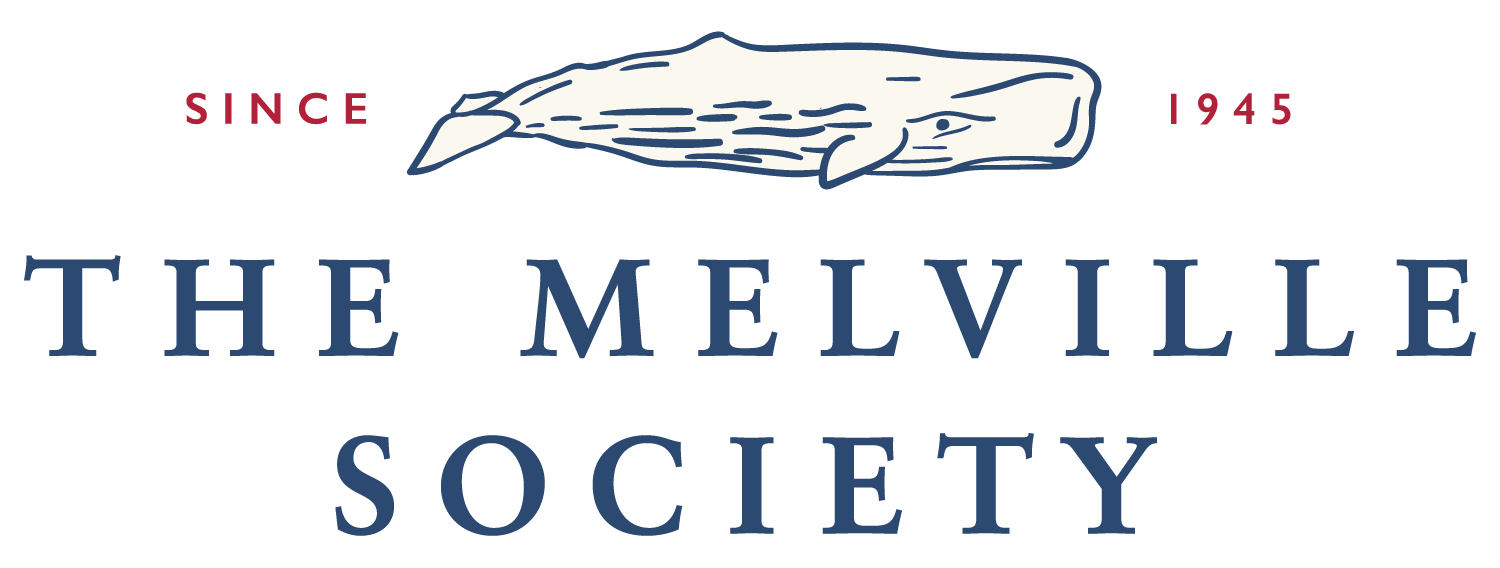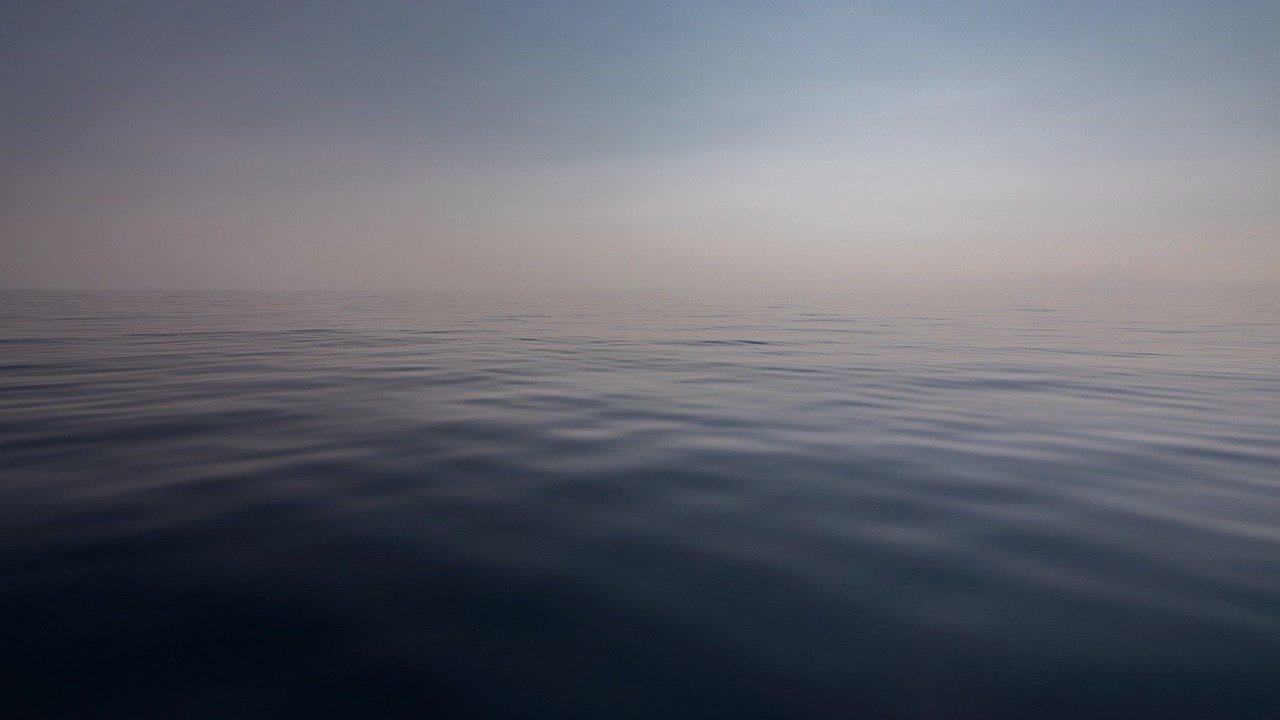Call For Papers: Fourteenth International Melville Society Conference, 2025
Oceanic Melville
Fourteenth International Melville Society Conference
University of Connecticut (maritime campus), Avery Point, Connecticut, USA
June 16-19, 2025
Deadline for Proposals: October 15, 2024
Conference Website: https://uconnuecs.cventevents.com/event/Melville24/summary
Meditation and water are wedded forever.
Moby-Dick, Chapter 1
The oceans cover two thirds of our planet’s surface and are responsible for over half of our oxygen and one fifth of our nutrition. They are in trouble.
And when the oceans are in trouble, so are we.
“Oceans,” Anthropocene Institute
Herman Melville (1819-1891) closely observed oceanic life and death from the decks of ships and found a “nervous lofty” language with which to engage its beauties and terrors. He has inspired many a reader to go to sea, imaginatively or otherwise. But how does one think about Melville’s Ocean in the 21st century? What has happened to the romance of the sea—to his “renegades and castaways,” the Handsome Sailor, or Pacific, Indigenous, African, or Lascar mariner? What has become of the “watery part of the world” that both separates and connects the continents?
In the Anthropocene, one might say that that romantic ship-narrative has sailed—into deserved oblivion. Mystic Seaport Museum did refit the Charles W. Morgan, built only seven months after and seven miles away from Melville’s Acushnet, and sent it on its 38th Voyage along New England’s coastline. The poetry of whaling had its place in this enterprise, but so did a clear understanding of the human impact on marine climate and environmental stability, human pressure on beings who live in or depend on the sea. Within a variety of contexts, then—ecocritical, aesthetic, ethical, sociopolitical, posthuman,—how do we read and return to Melville’s oceanic texts and themes?
We are delighted to announce that our keynote speakers will be Steve Mentz, Professor of English at St. John’s University, and Lenora Warren, Assistant Professor of Literatures in English at Cornell University. In addition to the regular panels and roundtables at UConn Avery Point, there will be a number of special events and a Melville-related field trip to Mystic Seaport Museum, including touring the 1841 whaleship Charles W. Morgan. We are also planning an optional post-conference day-trip to New Bedford, Massachusetts, on Friday, June 20, 2025, to tour the Whaling Museum and Seamen’s Bethel and walk on the very streets that Melville himself once trod.
In proposing “Oceanic Melville,” this conference invites papers, panels, and roundtables on literary works throughout Melville’s expansive corpus, as well as on Melville-inspired cultural productions and interpretations from his time to ours. We see this conference illuminating Melville’s maritime contexts (biographical, social, material, cultural) but also turning toward the oceanic as a developing field of scholarly endeavor.
For those traveling to Mystic, Connecticut, we have procured cheap and (very) basic lodging aboard the 1882 training ship Joseph Conrad. There are also many hotels and AirBnB’s in the area. More details can be found at the conference website https://uconnuecs.cventevents.com/event/Melville24/summary.
Submission of Proposals
Please submit proposals by October 15, 2024, to <oceanicmelville2025@gmail.com>. Paper proposals should not exceed 300 words, and panel proposals, including descriptions of the papers to be presented, should not exceed 1,000 words. In addition to submissions for traditional panels and individual papers, proposals for roundtables, workshops, and sessions using new presentation formats are welcome. Proposals for anything involving more than one person should indicate the names of all participants and the nature of their contributions.
In the subject line please use the format [“proposal type, surname,” e.g. “Paper, Smith”] and name the file using the format [“surname, first name,” e.g. “Smith, John”].
We welcome proposals from independent scholars, creative artists, and academic scholars of diverse institutional affiliation, academic rank, and disciplinary background. We can accept two proposals from an individual so long as they involve two different roles (e.g. paper presenter as well as panel chair or roundtable discussant).
Some topics to consider:
Not only Moby-Dick, but Melville’s other maritime works, including Typee, Omoo, Mardi, Redburn, White-Jacket, Israel Potter, The Confidence-Man, and Billy Budd, as well as his maritime poetry, including John Marr and Other Sailors and sections of Battle-Pieces and his late poetry.
The “oceanic” in Melville biography, fiction, poetry, letters, marginalia, sources. Actual and imagined oceans as aspects of Melville’s forms and styles, and in his literary and artistic antecedents, influences, and descendants.
Implications of an “oceanic turn” in literary studies; Blue Humanities and ecocriticism; ocean-centered perspectives on nationhood, personhood, belonging, race, sexuality, gender, aesthetics, genre.
Oceanic Melville in the context of other arts: painting, drawing, sculpture, dance, radio, film, comics, sci-fi and cli-fi, multi-modal forms.
Digital archives, editions, pedagogies, theoretical perspectives that give new meaning to oceanic themes; fluid texts, including manuscripts, versions, marginalia, correspondence.
Oceans as repositories for histories of colonial conquest, African enslavement and diaspora, Indian indenture. Ocean as graveyard; burials and drownings; ships and shipwrecks.
Oceans and ocean science as sources of knowledge about climate change and global futures.
Maritime history, travel, trade, conquest, colonization, exploration, liberation, extraction, extirpation, extinction, slavery, indenture, technology, war and peace. Ocean as battlefield: military ships and hierarchies.
Real and imagined sailors, travelers, beachcombers: their lives, loves, desires, fears, tales, talk, songs, rituals, adventures, uprisings, (dis)possessions, reflections, retirements. Sailors’ rights, impressment, imprisonment, mutiny.
Gods of the sea, religions and mythologies throughout the world.
Oceans in the physical and figurative context of their expanses, maps, surfaces, islands and archipelagos, tides, depths, waves, storms, calms, beaches, transits, creatures (birds, fish, fisheries, cetaceans, tortoises, corals, etc.). Oceanic bodies, bodies of water.
Ocean trades and labor, ships and shipping, commercial ventures, fishing and hunting, from Melville’s time to the present.
Melville’s global readership and fluid connections, translations, adaptations throughout the world.
Organizing Committee:
The organizing committee consists of
Mary K. Bercaw Edwards, University of Connecticut;
Wyn Kelley, Massachusetts Institute of Technology;
and Tony McGowan, United States Military Academy.
Please direct any questions to Mary K. Bercaw Edwards at <mary.bercaw_edwards@uconn.edu>, Wyn Kelley at <wkelley@mit.edu> or Tony McGowan at <gerard.mcgowan@westpoint.edu>.

